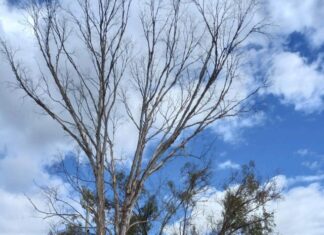Cancer research focus on health gap

Digital Edition
Subscribe
Get an all ACCESS PASS to the News and your Digital Edition with an online subscription
Council to foot half of tree bill
A sports club who had problematic trees has secured support from council to help cover the removal cost.
South Burnett Regional Council resumed...







